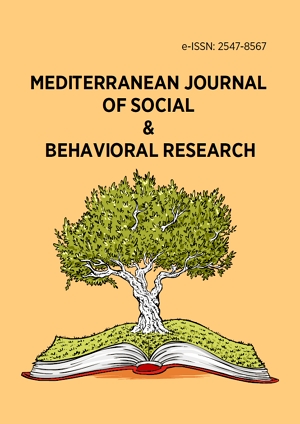Abstract
Since 2006, the Ministry of Education in Taiwan has collaborated with universities to launch synchronous online one-on-one tutoring in afterschool programs at rural schools to provide educational e-learning opportunities. The purpose of implementing the free online tutoring program is further to bridge the gap of students’ academic performance and the gap of learning opportunities between urban and rural schools. This study investigated how EFL university students learned to tutor junior high students English in an online afterschool program. Twenty-two students participated in this tutoring program. The research data were collected from the tutors’ reflective journal notes after each tutoring session, meeting discussions, and the post-project survey. Research results showed this tutoring project inspired the tutors to be teachers, to develop their sense of responsibility, to be independent, and to learn to care students. This study then offers pedagogical implications and suggestions for researchers and educators interested in researching into this topic.
License
This is an open access article distributed under the Creative Commons Attribution License which permits unrestricted use, distribution, and reproduction in any medium, provided the original work is properly cited.
Article Type: Research Article
MEDITERR J SOC BEH RES, Volume 2, Issue 1, July 2018, 3-7
https://doi.org/10.30935/mjosbr/8381
Publication date: 04 May 2018
Article Views: 2185
Article Downloads: 1444
Open Access References How to cite this article
 Full Text (PDF)
Full Text (PDF)